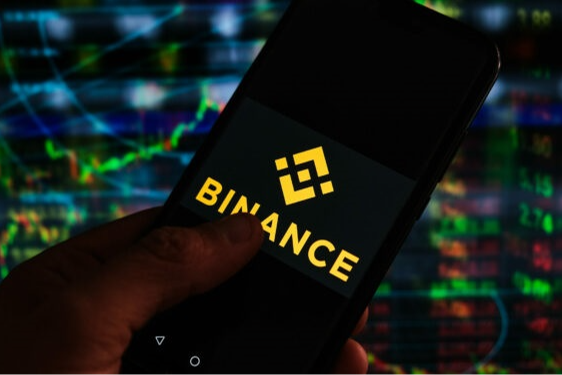2024-04-03

In the ongoing legal battle between Binance, one of the world's largest crypto exchanges, and the accusations of tax evasion in Nigeria, a central figure finds themselves caught in the crossfire. Tigran Gambaryan, responsible for financial crime compliance at Binance, remains detained in Nigeria, while the exchange vehemently asserts that it has no say over the company's decision-making process.
Since February, Gambaryan and Nadeem Anjarwalla, the exchange's regional manager for Africa, have been held in custody, facing allegations of tax evasion that have put Binance under the regulatory spotlight in Nigeria.
Binance recently released a statement emphasizing Gambaryan's limited authority within the organization, making it clear that he should not be held accountable for the ongoing discussions between the exchange and Nigerian government officials. This statement serves as a character reference, aiming to divert attention away from Gambaryan and towards the legal quagmire Binance finds itself in.
BINANCE STATEMENT TWEET ON TWITTER (X)
The saga began when Nigerian authorities invited Gambaryan and Anjarwalla, only to detain them upon their arrival. Anjarwalla managed to escape custody, gaining media attention, while Gambaryan remained imprisoned. Subsequently, the Nigerian tax authority pressed tax evasion charges against Binance and the two executives, further complicating the legal landscape.
In response, Gambaryan and Anjarwalla have taken legal action, filing a case at the Federal High Court in Nigeria's capital, Abuja, alleging violations of their human rights. The trial of the two executives, with Anjarwalla being represented in absentia, is expected to be adjourned on April 4th.
Binance's request to absolve Gambaryan from guilt sheds light on the complexity of the situation. While Gambaryan may hold an important position within the exchange, the claim that he lacks decision-making power reveals the intricate internal dynamics of the company. Such delineations are crucial in legal battles, where every detail is scrutinized for potential consequences.
Binance's entanglement with Nigerian authorities goes beyond accusations of tax evasion. The government has accused the exchange of operating illegally within the country and manipulating the exchange rate of the Nigerian naira. In response, Binance announced the suspension of services in naira, signifying a strategic shift prompted by regulatory pressures.
The events unfolding in Nigeria serve as a microcosm of the broader challenges cryptocurrency exchanges face worldwide. Regulatory uncertainties, coupled with the evolving legal landscape, present formidable obstacles for industry operators. The Binance incident underscores the need for exchanges to navigate these challenges with vigilance and strategic acumen.
Beyond the legal implications, the case raises pertinent questions about corporate governance and responsibility within cryptocurrency exchanges. The assertion that Gambaryan lacks decision-making power prompts reflection on the internal dynamics of Binance and the roles of key executives within the organization. Transparency and clarity in decision-making processes are essential, particularly in environments subject to regulatory oversight.
As the legal saga unfolds, stakeholders in the cryptocurrency community closely monitor developments in Nigeria. The outcome of the clash between Binance and Nigerian authorities could have far-reaching implications for the industry, shaping regulatory approaches and sector practices in the years to come. It is a critical moment for both Binance and the cryptocurrency industry as a whole, as they navigate the complexities of legal battles, regulatory challenges, and public perception.